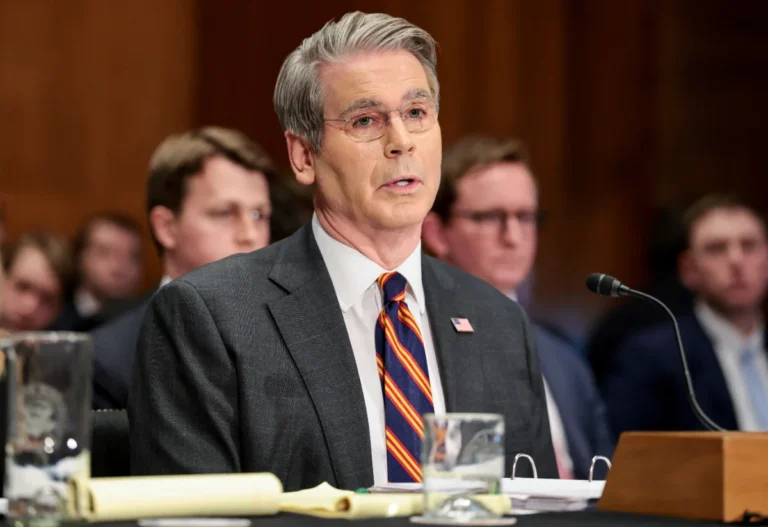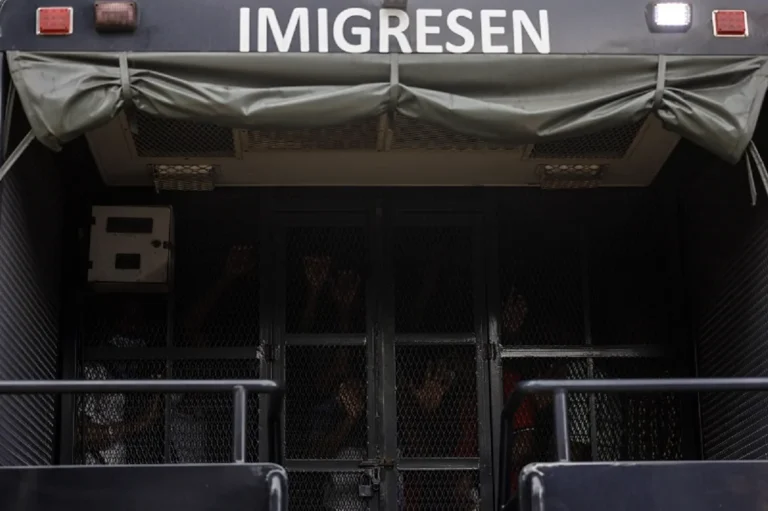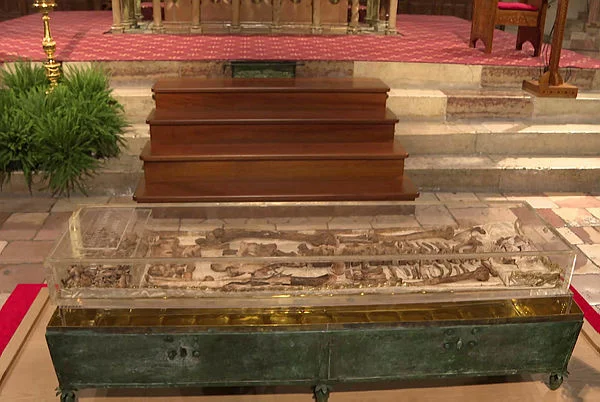
Inland Revenue Revenue (IRB) has opened its doors for big taxpayers and has given them an opportunity to cooperate with them to manage their tax matters, which taxpayers with the final intention of providing certainty on the creation of transparency between the two sides.
The program is called Tax Corporate Governance Framework (TCGF). This is a two-way process where there will be open lines of communication between the two sides to reduce potential disagreements.
Internationally, many countries have launched this program, and the underlying principle is “cooperative compliance”. It aims to encourage taxpayers to improve compliance levels and quality such as tax authorities have a permanent recurring revenue source with minimal deployment of resources.
Final purpose
The main goal here is to ensure that taxpayers report correct taxes in their tax returns, and taxes are paid on time. To achieve this, the IRB needs to be satisfied that there is a system of control in taxpayer organizations that will relieve the required results.
It should start with data collection points such as sales, procurement, order, etc., and then the data must be accurately recorded and complete. Data should be processed and analyzed according to tax principles, and while doing so, tax risks should be identified and managed according to the tax philosophy of the company without violating tax laws.
If the current status of IRB vs. A special transaction is a struggle between the tax philosophy of the organization, the TCGF allows the taxpayer to engage with IRB, or before filing the tax return, the taxpayer allows the taxpayer to attach to the IRB. This Avenue provides with certainty, where the taxpayer stands in relation to any controversial issues. It was not available in the past, and it is a “golden opportunity” for taxpayers to avoid future surprises.
Eligibility for participation
There are three conditions to meet: big companies, public listed companies, government -linked companies and state -owned enterprises RM 100 million and above; Taxpayers who have been filing their tax returns for the last three years and paying their taxes; And taxpayer with installing control structure (TCF). All three situations should be met. Investment holding companies and dormant companies are not eligible.
The reality at the grassroots level is that most companies do not have comprehensive TCF. To encourage organizations to participate in TCGF, IRB should not apply the availability of TCF as a precondition to enter the program. If there is a desire and clear commitment to a TCF institute by the organization, the IRB should accept such organizations in the program and allow them to allow the ex -gratia period of six to 12 months to conduct TCF to increase the level of participation by large companies.
The RM100 million threshold is suitable for manufacturing companies where the material element is large, and the RM100 million range is much easier than companies in the service sector that depends primarily on manpower. If IRB wants to increase the participation of the service companies, the threshold of RM100 million should be reduced to a low amount.
Implementation timeline
Taxpayers should be advised that implementing the TCGF program will enter anywhere for nine to 15 months. Once you are accepted in TCGF, you will be subjected to low investigation on your tax return for the next three years, along with an IRB’s dedicated officer being assigned to each participant. The inherent intent here is to avoid audit and investigation for such taxpayers. However, if there are significant ups and variations that require clarification, then there will be a dialogue initiated by the IRB or taxpayer to understand such ups and downs.
The article has been contributed by SM Thannemalai (www.thannees.com), Managing Director of Thanis Tax Consulting Services SDN BHD.




